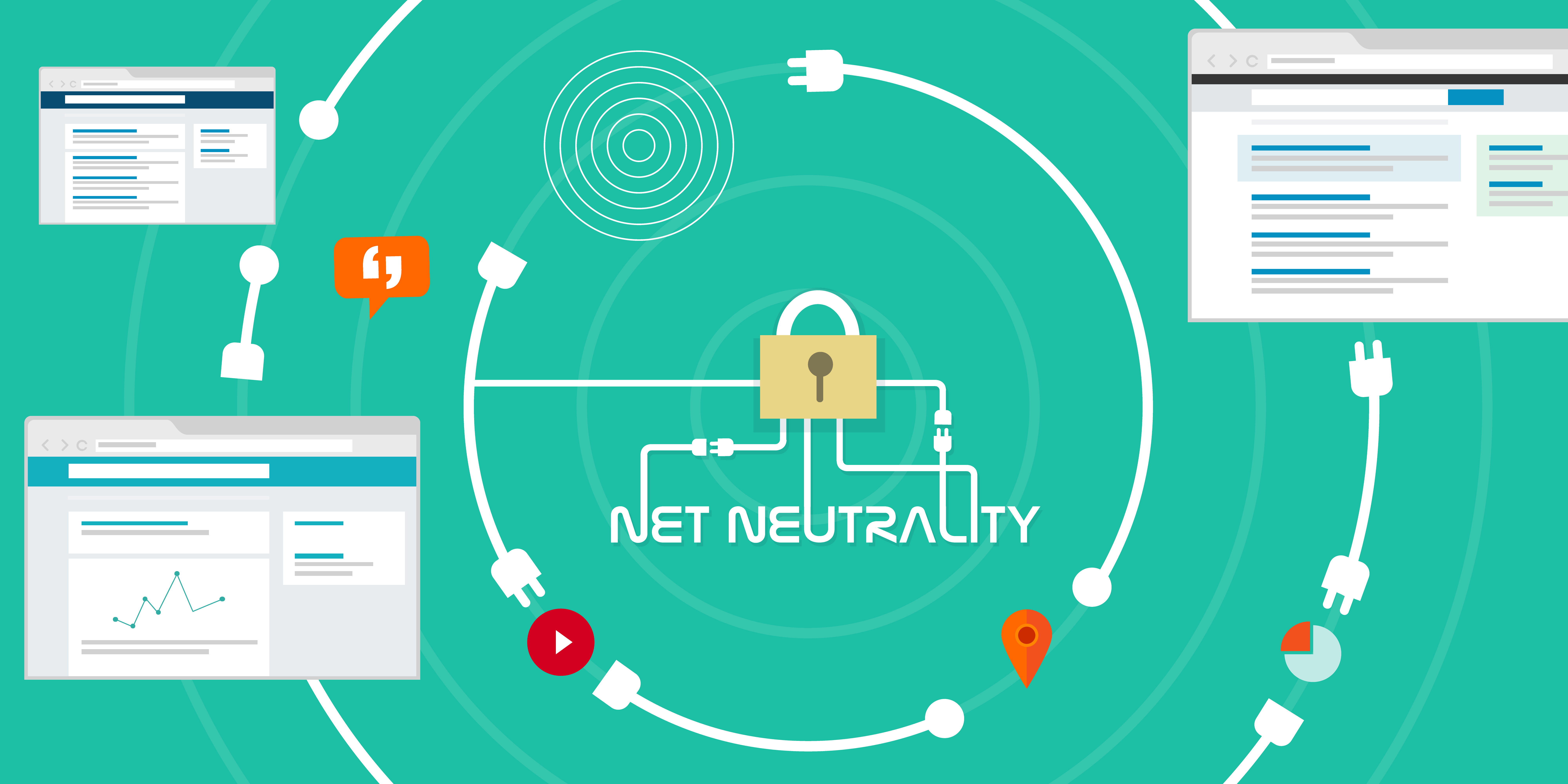Human Rights Groups Chastise Facebook For Lack of Ad Transparency

Web platform Mozilla and 37 human and civil rights groups have sent a letter to Facebook chastising the company for “failing to keep its promises” on advertisement transparency. “We have a right to know who is paying to influence our vote,” they write.
As journalists and regulators have uncovered Facebook’s questionable ad practices, the tech giant has repeatedly apologized to lawmakers in the European Union (EU) and the U.S., promising to increase transparency of political ads to prevent disinformation and fake news from influencing elections across the globe.
But as ProPublica — a nonprofit specializing in investigative journalism — found a few weeks ago, Facebook changed its code to block the nonprofit and other organizations from using their own tools to analyze Facebook’s ad targeting. By blocking third-party transparency tools belonging to outside organizations like ProPublica, Mozilla argues, Facebook further obscures its ad business and confuses users trying to sift through disinformation and targeted political ads.
“Is Facebook making a sincere effort to be transparent about the content on its platform? Or, is the social media platform neglecting its promises?” Mozilla wrote in a blog post accompanying the letter.
The letter asks Facebook to quickly remedy the problem because European Parliamentary elections are in May and social media users deserve to know why they see certain political ads and who pays for them.
The letter outlines three ways for Facebook to increase transparency:
- Roll out a functional, open Ad Archive API that enables advanced research and development of tools that analyze political ads served to Facebook users in the EU.
- Ensure that all political advertisements are clearly distinguished from other content and are accompanied by key targeting criteria such as sponsor identity and amount spent on the platform in all EU countries.
- Cease harassment of good faith researchers who are building tools to provide greater transparency into the advertising on your platform.
Aram Sinnreich, communications chair at American University, told InsideSources these three suggestions are “not extreme” and “make a lot of sense” because the letter signers essentially want social media platforms to adhere to the same laws and regulations as cable companies and broadcast networks.
“Obviously the everyday user is not going to know how to use an API and search for political malfeasance. The average Facebook user doesn’t understand what that story all about, so they want political ads to be more clearly identified on the site, which is something we already have a law for on television,” Sinnreich said. “They’re essentially just asking for parity, and I think that makes a lot of sense.”
The third suggestion, he said, is a “no brainer.”
“If someone wants to work in the public interest to expose bad actors taking advantage of the ad platform, Facebook, who has pledged transparency and commitment to the public interest, should be behind that rather than harassing and preventing them,” he said. “These are very common sense demands.”
Sinnreich said he knows someone who works at Facebook, who said next month Facebook will open up its ad API for users to search. But with that comes privacy concerns.
The privacy issue revolves around how people use Facebook. Before social media, people used classifieds in local papers to set up meetings, social events, or offer goods and services, but now people use Facebook groups or post their own personal ads on Facebook.
Before social media, the geographic parameters of a community limited the scope of classifieds and thus the personal details of peoples’ lives. Now on Facebook, everyone from all over the world can share intimate details about themselves through personal ads, groups, posts, comments and even the Facebook “reaction” buttons.
Sinnreich used a more extreme example to prove his point.
“Say I want to put out a Facebook ad to find other nudists in my community and restrict it to one mile and spend $10, but that’s recorded forever, so maybe if I run for mayor someone could find that and make a fuss about it,” he said.” If those very private aspects of our identity become publicly searchable for perpetuity, that can have a very chilling effect and can make us self-censor and be very vulnerable when we shouldn’t have to be. It’s a balancing act. They have to figure out how to do it to make political actors accountable without sacrificing the privacy of other kinds of users.”
As a result, balancing ad transparency and personal privacy will require a lot of trial and error before web platforms like Facebook get it right.
“The devil is in the details,” Sinnreich said. “You don’t want to sacrifice privacy in the interest of increased transparency. That’s harder to do than it sounds. Again, it’s not reinventing the wheel, we already do that when it comes to regulating television ads.”



